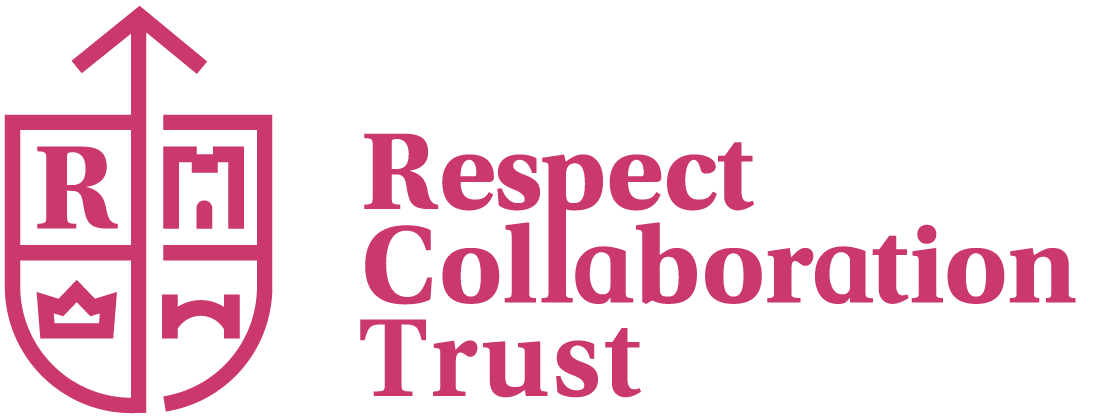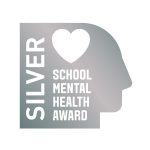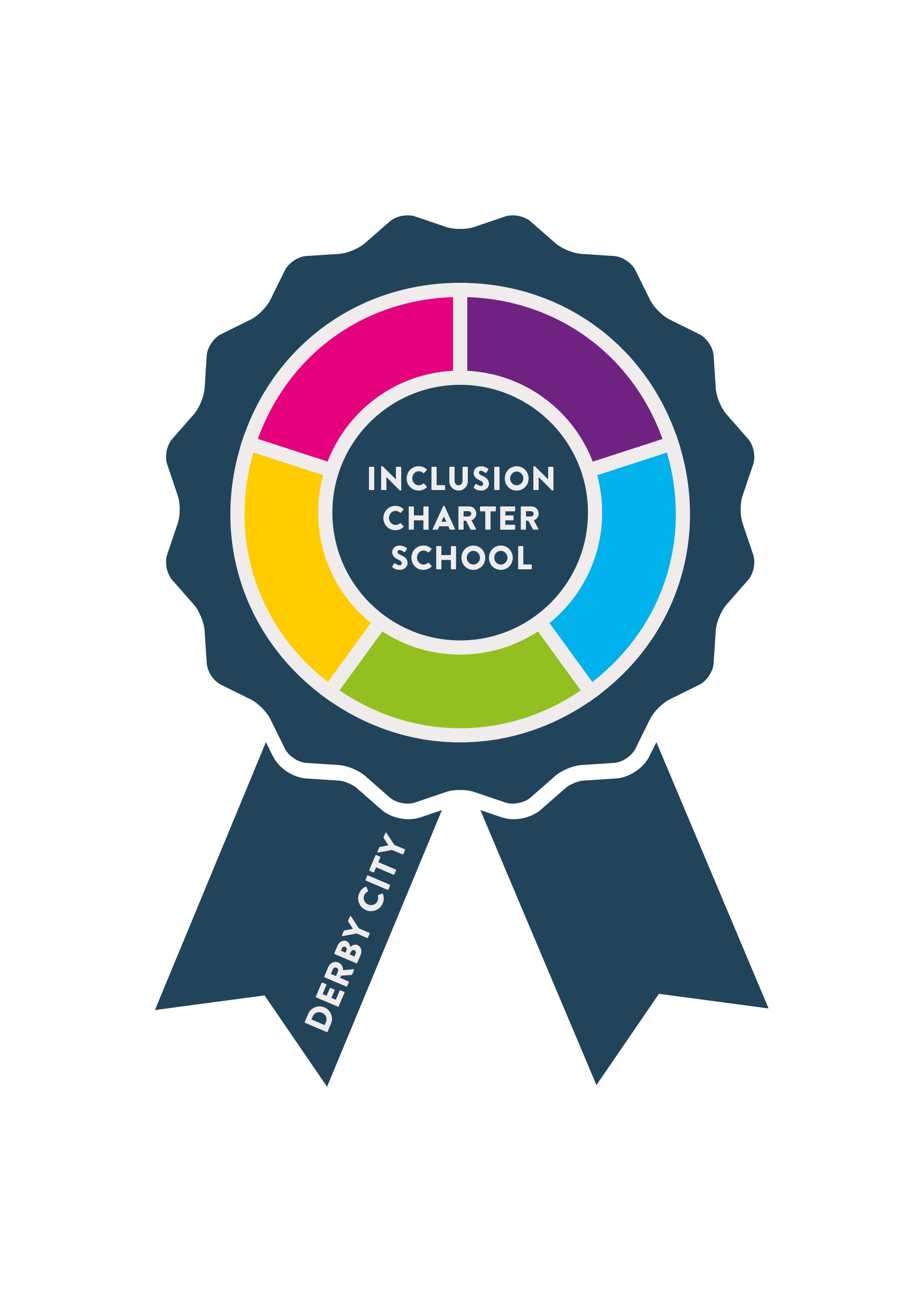In this section is some of the important learning, information and events during this academic year that will help year 11 students select the best post-16 options available to them.
During Personal Social and Health Education (PSHE) lessons students are able to research and apply for their post-16 options. Students study in these lessons for qualifications called Preparation for Working Life and NCFE Employability Skills which cover: personal strengths and qualities, careers matching, planning and pathways, personal statements and CVs, post-16 options, letters of application and interview techniques. We also arrange trips out to visit providers and different workplaces, as well as inviting many employers and workers into the school to share with students their experiences and the expectations of the world of work.
We would also encourage students, parents and carers to attend College Open Evenings and the Skillsfest during the Year. The dates for all Open Days are published on College Websites and the Skillsfest date is announced in the summer. Staff at school will inform students of the date of this important event.
Below is information outlining some of the changes to Post 16 education:
Changes to Post-16 Education
Attendance
Post-16 providers are accountable for attendance and now have strict attendance procedures. Young people could lose their place on their option if their attendance is below 95%
Providers will take year 11 school attendance into account when considering applications.
Competition for Popular Courses
Year 11 students from the entire region are going through this application process. Popular courses can fill up quickly, so the number of choices can go down as time goes on.
Changes in Entry Requirements
Standards have changed about the level of key skills required, especially literacy and numeracy, for a student to progress onto a higher level course.
For example, most level 1 courses require students to have English and Maths at grade 3 or equivalent and most Level 2 courses expect students to have achieved English and Maths at GCSE Grade 4 or equivalent.
In other words, if students make the most of their learning in year 11 and achieve their potential grades, they will spend less time at college catching up on numeracy and literacy, and will progress faster though their chosen route.
Changes in the School Leaving Age
The law says:
You must stay in some form of education or training until your 18th birthday if you were born on or after 1 September 1997.
Your options are:
- full-time education – eg at a school or college
- an apprenticeship or traineeship
- part-time education or training – as well as being employed, self-employed or volunteering for 20 hours or more a week
This also means that parents/carers of a 16-19 year old who is not accessing one of the above options, could lose all their child-related benefits for that young person.
There is limited financial help available to people in some circumstances. Please see 16 – 19 Bursory Fund for more information.



